College friendships are valuable beyond likes and follows
Beyond the classes, the tests and ultimately the degrees, the connections students develop with their peers and superiors are arguably the most important aspect of college.
When students begin at a university they are thrown in the mix with tens of thousands of people who are all not only in the same age demographic but going through much of the same things: uncertainty of the future, stress for classes and extra-curriculars and a freedom that wasn’t present before.
College friendships are intense.
In previous generations, these relationships typically lasted a long time.
With technology, oddly enough, college friendships could significantly lose their strength.
As freshmen, students are typically alone and connect quickly with their dorm-mates and classmates. As the years go on, most weekends are spent together. Friends continue to live together and most of the time spent is with a core group of people.
For seniors, the last few months can be a major test for friendship. Though these students still share stress and uncertainty, they are getting pulled in very different directions for the first time and it’s harder for everyone to truly relate to one another.
However, much like all the years prior, if we all stick together and maintain empathy, we will walk across that stage stronger together than ever.
A couple of months ago I wrote an article about the Greek system and how I believed it lacked significance. Though I still believe much of what I wrote on an institutional level, I have developed a new perspective on the relationships in the system and how they are truly valuable and so unique.
These friendships might not be this intense forever, but there will be a bond that is tethered much stronger than friendships developed prior to or after college.
However, enter the internet. On paper, social media seems to resolve issues of distance after graduation. Social media is actually a false sense of closeness that occurs through likes, comments and Snapchats.
Before the development of the web, the effort that went into maintaining strong relationships further strengthened them, according to a study done by Purdue University.
People had to actually pick up the phone, listen and respond, plan trips and actively work to keep friends. This typically ensured that these relationships were important enough to do these things.
With the ease of social media, effort is rarely needed. If a person misses someone, they spend some time messaging at their own convenience, check out their most recent photos and then it’s all alright.
Plus, instead of maintaining a few very strong friendships, former students are able to have a multitude of friendships that may lose their significance over time.
Friendships are measuring in quantity over quality.
This doesn’t have to be the case. These people that we have spent the last four years with, that we pulled all-night study sessions with, cried with and overcame so many other things with, are our people and the great loves of our lives.
Despite all the directions real life may pull us, we should put these friendships high on our priority list and give them the effort that they deserve.
No one will ever know a person and love like the people that they spent their college days with because they went through some of the biggest adversities and triumphs together.
No social media post can capture that and recreate it like actually working and growing together.
Whitney Urmann can be reached at [email protected] or @WhitneyUrmann on Twitter.
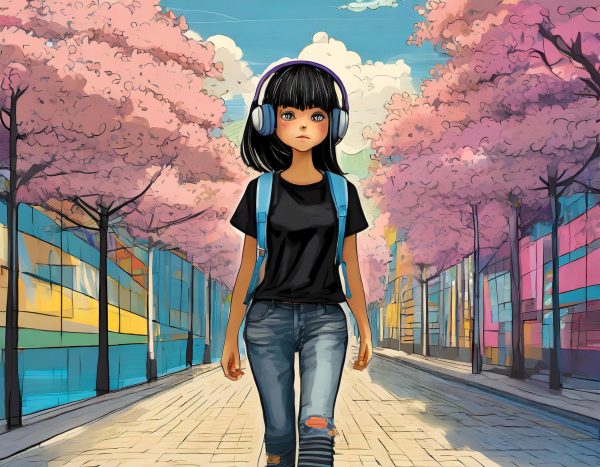


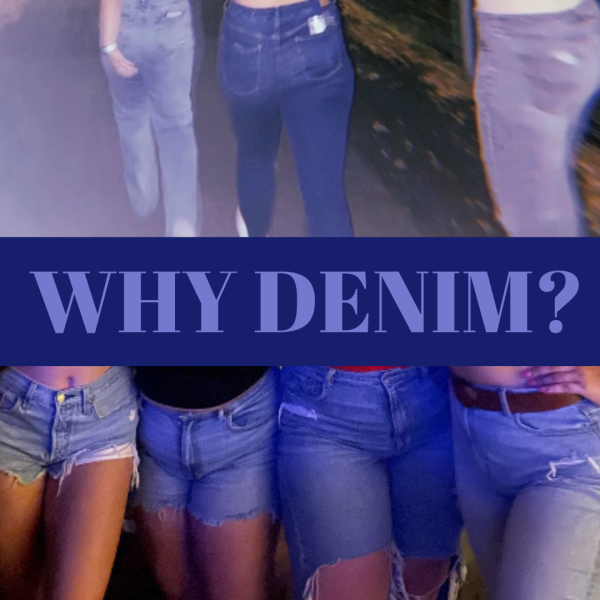






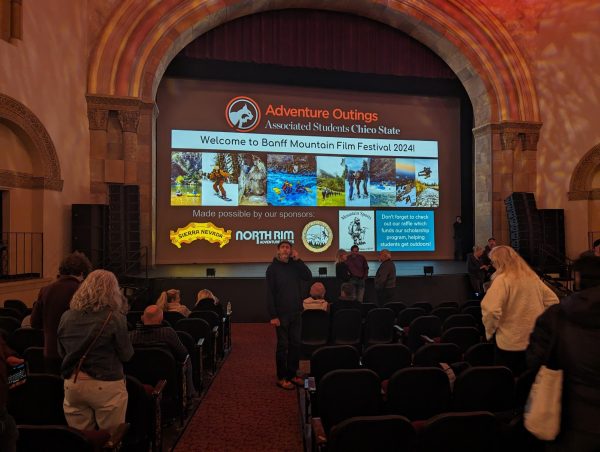

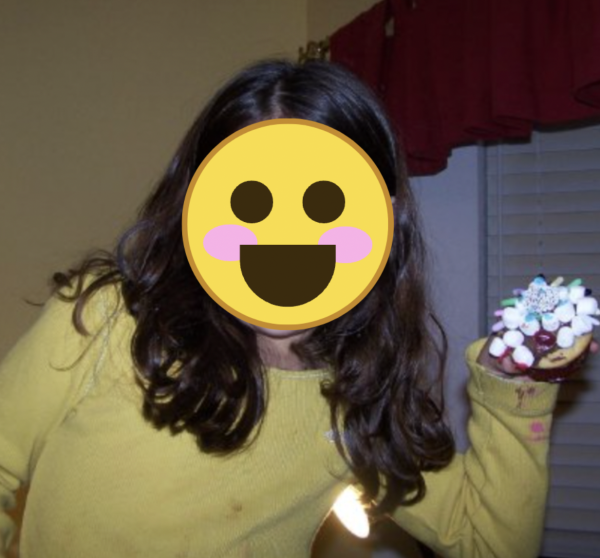

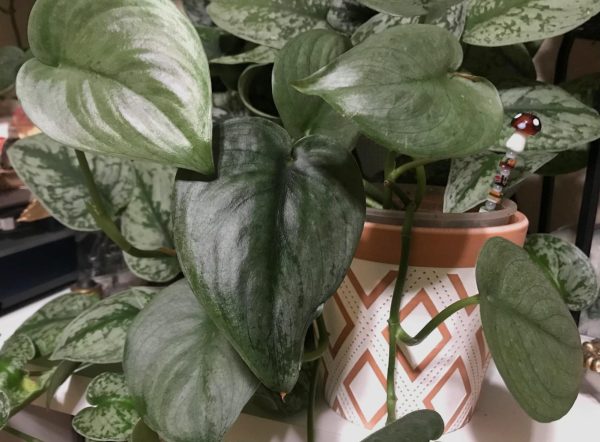

Arturo V. // Dec 12, 2016 at 8:49 pm
I feel like I could read the title and basically know what the text says. Like damn people made Tweets 140 words Cuz of that title